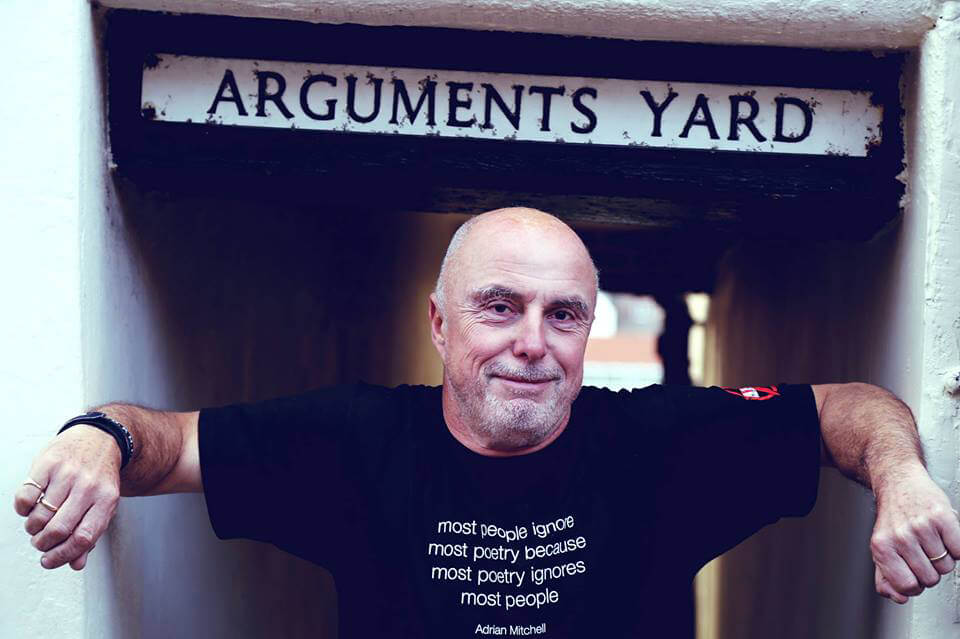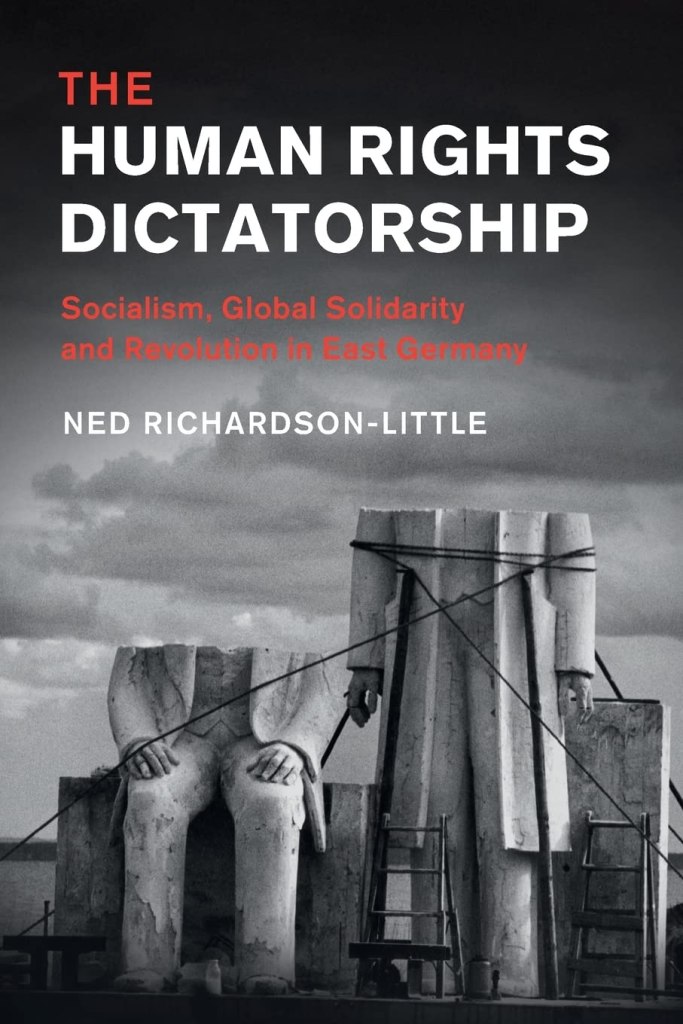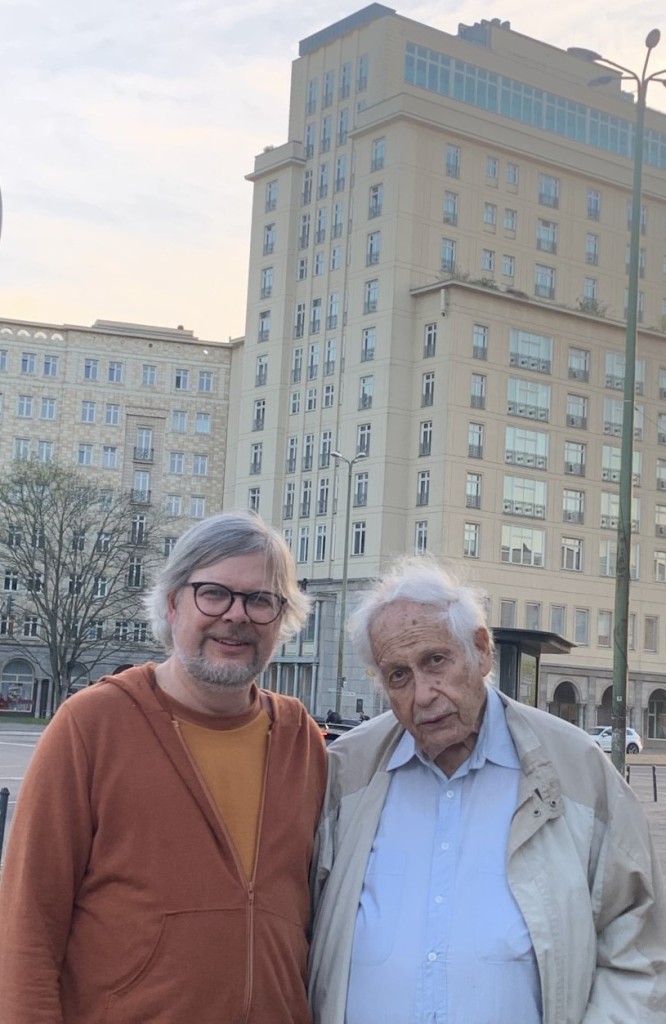In my former job as the Coordinator of the Canadian Centre for German and European Studies at Toronto’s York University I supervised a number of German students in Canada on exchange who were assigned to our office as student assistants. For the first few years I was at York, the students I worked with were all white, had “German” family names and could trace their connection to Germany back over many, many generations. But in more recent years this began to change and our German students often came with family names betraying a variety of ethnic and cultural heritages. I greeted this development as a reflection of the fact that the German academy had begun – finally – to reflect the multicultural reality of the society around it.
That said, I was more than a little surprised when one year the C.V. belonging to our new German student bore a distinctly Vietnamese name. I immediately wondered whether Minh L. was from the family of a former East German guest worker as this was the provenance of many people of Vietnamese background in the united Germany. Reading on, the dates and locations suggested that this might be the case.

Vietnamese guest workers from “Banner of Peace” shoe factory march in the 1988 May Day parade in Weissenfels (photo: courtesy of Minh and Diu L.).
However, this remarkable aspect was quickly overshadowed by an entry in the C.V. which showed that from 1993 to 1999, Minh had attended elementary school in that most notorious of eastern German towns, Hoyerswerda! (For more on Hoy, click here for my earlier post on this subject) This was only two short years after German authorities had caved to several days of anti-foreigner pogroms by neo-Nazis and their sympathizers and removed all former-GDR guests workers and refugee seekers from the town. Neo-Nazis subsequently declared Hoy a “national liberated zone” (German: national befreite Zone) and the town became synonymous with the wave of xenophobia and violence that surfaced in the early years after German unification.
The mind boggled. Read More














